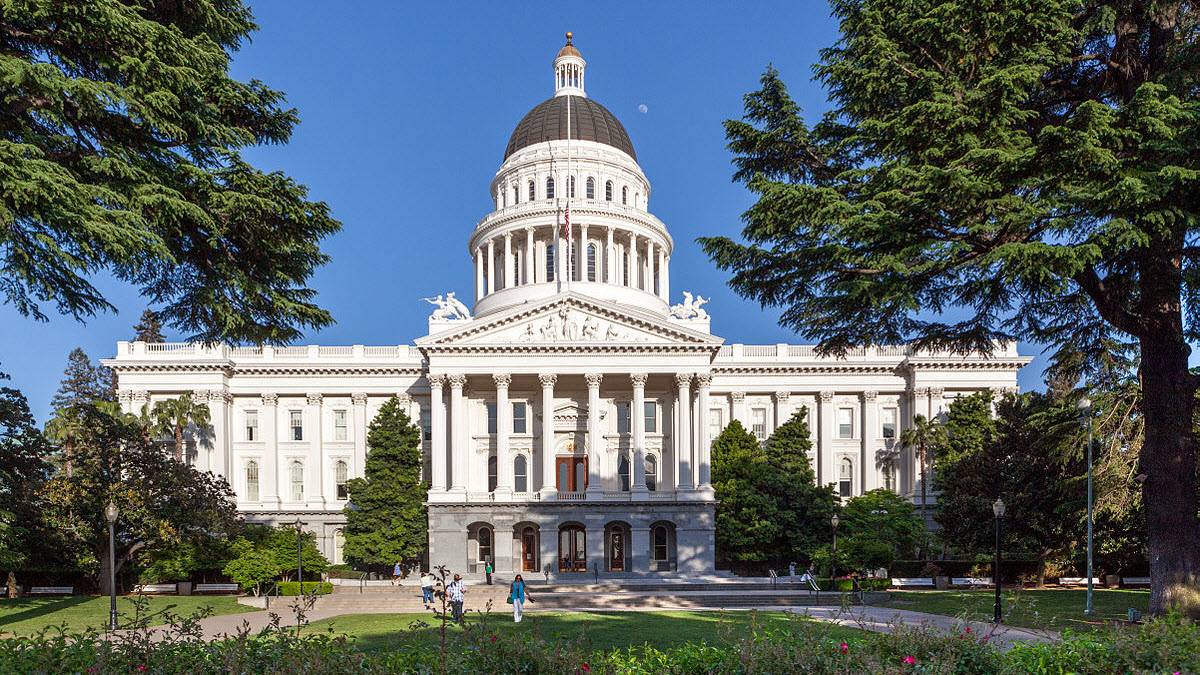ISPs Suing California Over Net Neutrality Re-regulation Law

The smarter way to stay on top of broadcasting and cable industry. Sign up below
You are now subscribed
Your newsletter sign-up was successful
Some major ISP associations are filing suit against the state of California over its newly-signed-into-law tough new network neutrality rules, according to a source familiar with the filing.
The NCTA-The Internet & Television Association, American Cable Association, CTIA and USTelecom are joining in a suit against the new law, which was signed by Gov. Jerry Brown Sept. 30—it passed Aug. 31.
Related: Amazon Slams California Privacy Law
The Department of Justice filed its suit Sunday (Sept. 30) against the law in the U.S. District Court for the Eastern District of California.
The FCC made clear in rolling back the rules—in last fall's Restoring Internet Freedom order—that state efforts to re-regulate were preempted. AT&T, a USTelecom member, may be on the other side of the Justice Department on the Time Warner deal, but it is on the same side when it comes to whether states can re-regulate internet access in the face of a federal law that expressly prohibits it and takes precedence under the Supremacy Clause of the Constitution.
The California law restores the bright-line rules against blocking, throttling and paid prioritization that the FCC under chair Ajit Pai eliminated in the Restoring Internet Freedom Order. The California law went even further, extending those rules to interconnections, which the FCC's 2015 Open Internet order, which implemented the rules, didn't even do.
Related: Trump Administration Sues California Over Net Neutrality Law
The smarter way to stay on top of broadcasting and cable industry. Sign up below
Cable and telco ISPs had strongly opposed the bill, pointing out that the FCC's reg rollback preempted such efforts.
Specifically, the FCC said in the Restoring Internet Freedom order, that the order “preempt[s] any state or local measure that would effectively impose rules or requirements that [it] ha[s] repealed or decided to refrain from imposing in this order or that would impose more stringent requirements for any aspect of broadband service that [it] address[es] in this order.”
Other states are also taking steps to restore the FCC bright line rules against blocking, throttling and paid prioritization despite that FCC language.
In what should be a boost to the ISPs'—and Justice's—cases, the U.S. Court of Appeals for the Eighth Circuit last month affirmed that state efforts to regulate information services are preempted by federal law.
That decision came in Charter Advanced Services LLC v. Lange (the state of Minnesota's effort to regulate interconnected VoIP). A district court had concluded that because VoIP was an information service, Minnesota's attempt to regulate it was preempted, and the federal appeals court agreed.
ISPs are looking for a similar result given that the Restoring Internet Freedom reclassified internet access as information service.
The American Cable Association had already signaled it was solidly behind legal action to assert the FCC's preemption authority.
“The American Cable Association supports the lawsuit brought by the Department of Justice against California to overturn the state’s internet regulation legislation," ACA president Matt Polka said following DOJ's suit. "The California law seeks to regulate interstate commerce and plainly intrudes on federal authority. Moreover, if the California law were permitted to go into effect, it would harm consumers by stymying small and medium-sized ISPs' investments in broadband networks in the state and the deployment of innovative services."
Contributing editor John Eggerton has been an editor and/or writer on media regulation, legislation and policy for over four decades, including covering the FCC, FTC, Congress, the major media trade associations, and the federal courts. In addition to Multichannel News and Broadcasting + Cable, his work has appeared in Radio World, TV Technology, TV Fax, This Week in Consumer Electronics, Variety and the Encyclopedia Britannica.

